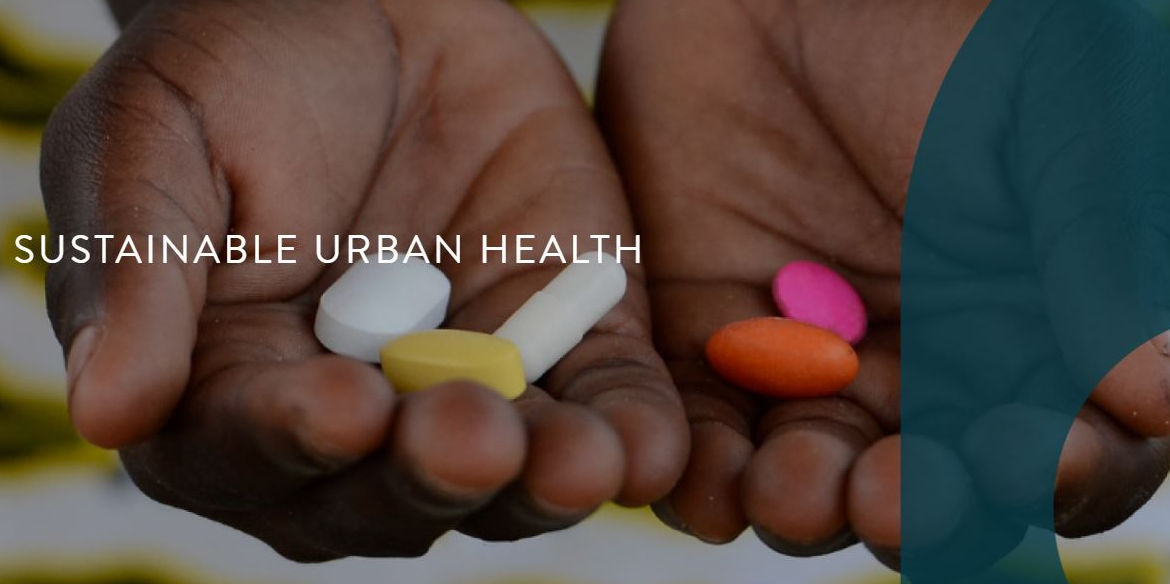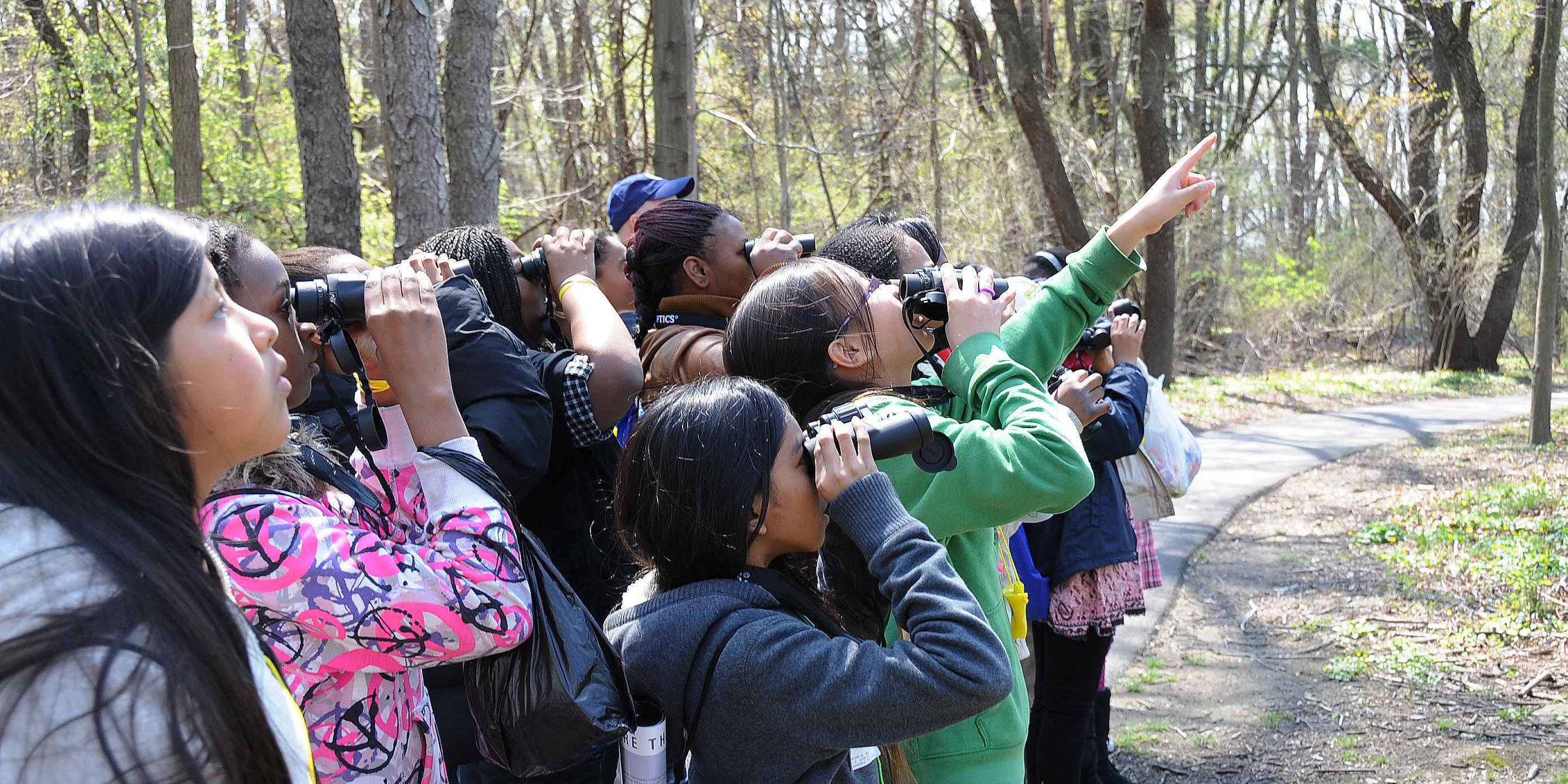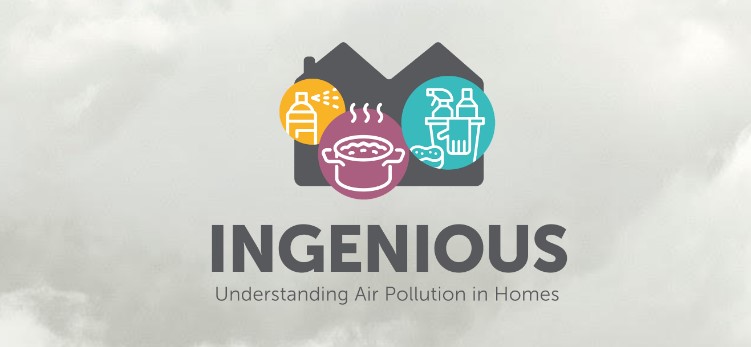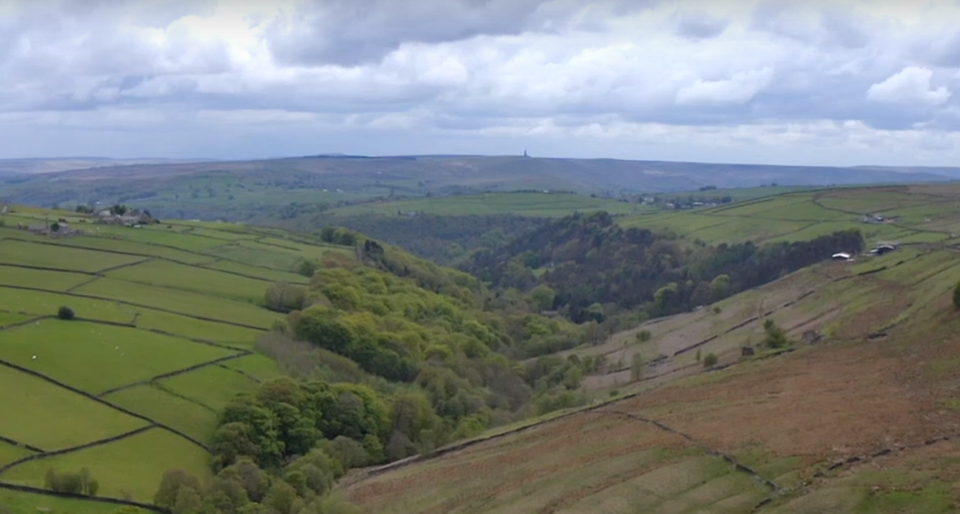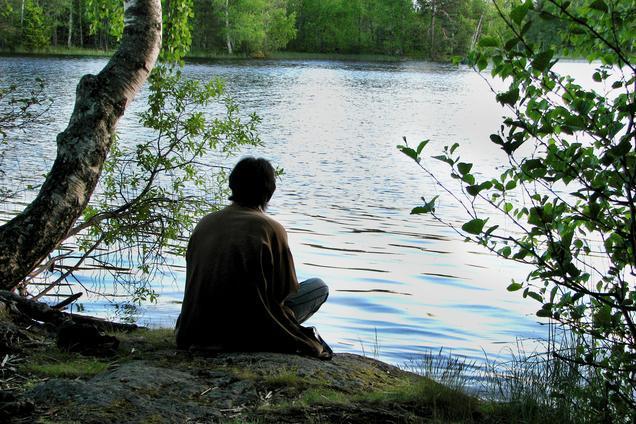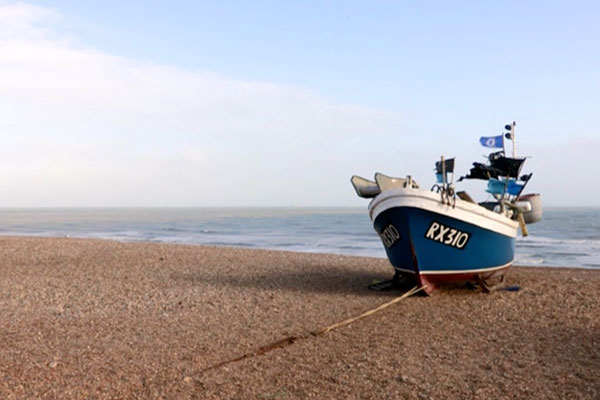
Environment, Climate and Health
Research Outputs
Project outputs
Closing the Gap Network+
Balogun-Katung A, Carswell C, Brown JVE, Coventry P, Ajjan R, Alderson S, et al. Exploring the facilitators, barriers, and strategies for self-management in adults living with severe mental illness, with and without long-term conditions: A qualitative evidence synthesis. PLoS ONE 16(10): e0258937. https://doi.org/10.1371/journal.pone.0258937
Peter A. Coventry, JenniferV.E. Brown, Jodi Pervin, Sally Brabyn, Rachel Pateman, Josefien Breedvelt, Simon Gilbody, Rachel Stancliffe, Rosemary McEachan, PiranC.L. White,
Nature-based outdoor activities for mental and physical health: Systematic review and meta-analysis, SSM - Population Health, Volume 16, 2021, 100934, ISSN 2352-8273,
https://doi.org/10.1016/j.ssmph.2021.100934.
Balogun-Katung A, Carswell C, Brown JVE, Coventry P, 2021. Exploring the facilitators, barriers, and strategies for self-management in adults living with severe mental illness, with and without long-term conditions: A qualitative evidence synthesis. PLoS One. 2021 Oct 26;16(10):e0258937. doi: 10.1371/journal.pone.0258937. PMID: 34699536; PMCID: PMC8547651.
NIHR Yorkshire and Humber ARC
Hinde, S.; Bojke, L.; Coventry, P. The Cost Effectiveness of Ecotherapy as a Healthcare Intervention, Separating the Wood from the Trees. Int. J. Environ. Res. Public Health 2021, 18, 11599. https://doi.org/10.3390/ijerph182111599
Balogun-Katung A, Carswell C, Brown JVE, Coventry P, Ajjan R, Alderson S, et al. Exploring the facilitators, barriers, and strategies for self-management in adults living with severe mental illness, with and without long-term conditions: A qualitative evidence synthesis. PLoS ONE 16(10): e0258937. https://doi.org/10.1371/journal.pone.0258937
Peter A. Coventry, JenniferV.E. Brown, Jodi Pervin, Sally Brabyn, Rachel Pateman, Josefien Breedvelt, Simon Gilbody, Rachel Stancliffe, Rosemary McEachan, PiranC.L. White,
Nature-based outdoor activities for mental and physical health: Systematic review and meta-analysis, SSM - Population Health, Volume 16, 2021, 100934, ISSN 2352-8273,
https://doi.org/10.1016/j.ssmph.2021.100934.
Geneshka, M.; Coventry, P.; Cruz, J.; Gilbody, S. Relationship between Green and Blue Spaces with Mental and Physical Health: A Systematic Review of Longitudinal Observational Studies. Int. J. Environ. Res. Public Health 2021, 18, 9010. https://doi.org/10.3390/ijerph18179010
Co-Motion (Read more)
Cinderby, S., Cambridge, C., Attuyer, K. et al. Co-designing Urban Living Solutions to Improve Older People’s Mobility and Well-Being. Journal of Urban Health. 95(3), 409-422.
Sustainable communities (Read more)
Derwenthorpe 2012-2018 (PDF , 1,663kb)
Additional resources
UK's 25-Year Environment Plan- David Clayton
Julia Touza, Carmen Lacambra, Alexandra Kiss, Rosa Mato Amboage, Paula Sierra, Martin Solan, Martin Solan, Thomas Spencer & Piran C. L. White, 2021. Coping and Adaptation in Response to Environmental and Climatic Stressors in Caribbean Coastal Communities. Environmental Management 68, 505–521. https://doi.org/10.1007/s00267-021-01500-y
Graziella Iossa and Piran C.L. White, 2021. Improving the dialogue between public health and ecosystem science on antimicrobial resistance. Oikos Advancing Ecology, Volume130, Issue8.
Antoine M. G. Barreaux, Welbeck A. Oumbouke, N'Guessan Brou, Innocent Zran Tia, Ludovic P. Ahoua Alou, Dimi Théodore Doudou, Alphonsine A. Koffi, Raphaël N'Guessan, Eleanore D. Sternberg and Matthew B. Thomas, 2021. The role of human and mosquito behaviour in the efficacy of a house-based intervention. Philosophical Transactions of the Royal Society, Volume 376, Issue 1818.
Eleanore D Sternberg, Jackie Cook, Ludovic P Ahoua Alou, Serge Brice Assi, Alphonsine A Koffi, Dimi T Doudou, Carine J Aoura, Rosine Z Wolie, Welbeck A Oumbouke, Eve Worrall, Immo Kleinschmidt, Raphael N'Guessan, Matthew B Thomas, 2021. Impact and cost-effectiveness of a lethal house lure against malaria transmission in central Côte d'Ivoire: a two-arm, cluster-randomised controlled trial. The Lancet, Volume 397, Issue 10276, P805-815.
Projects at York
Past Projects
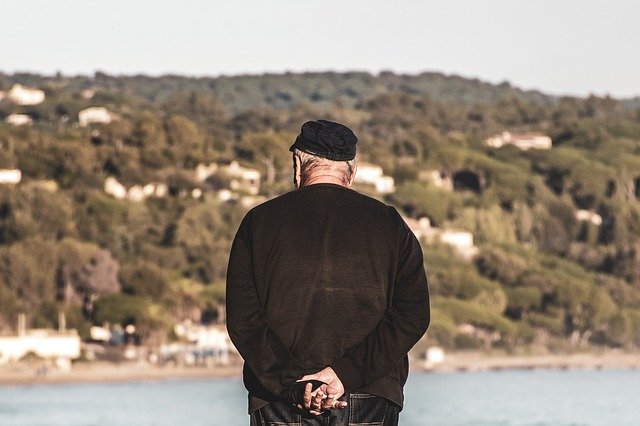
Environmental linkages to mental health







